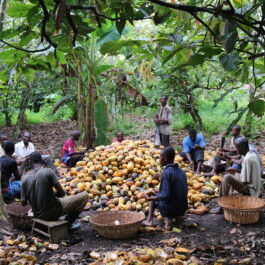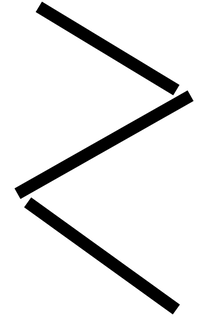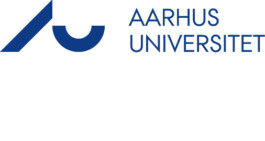The all-important preservation of indeterminacy - struggles of wealth and poverty across the cocoa business of Ghana


Research seminar with Martin Arvad Nicolaisen
The cocoa business of Ghana provides a livelihood for millions of Ghanaians and their family dependants, including both some of the wealthiest and some of the poorest citizens of this West African nation. From menial farm labourers to central government officials and everywhere in between, the Ghanaian cocoa business has earned a reputation as both potentially profitable and deeply corrupt.
In this seminar Nicolaisen talks about his ethnographic research on the Ghanaian commodity chain of cocoa and how intentional preservation of indeterminacy constitutes an important factor for those who wish to pursue personal accumulation of wealth, whilst also meeting expectations for reciprocity from their social peers.
In short, by deliberately refraining from specifying the exact or true extent of one's resources, one maintains the ability to shape additional margins of profit for oneself, beyond what is open to public scrutiny. This type of practice, Nicolaisen suggests, is one reason contributing to the contemporary wealth inequality across Ghana, as well as the means by which some people manage to personally move from poverty to wealth.
Martin Arvad Nicolaisen is an anthropologist with a recent PhD from Copenhagen University. His research interests include humanities-based approaches to value creation and the dynamics between formalized organizational structures and interpersonal agency.
In his PhD dissertation he has studied the commodity-chain of cocoa in Ghana with focus on value generating activities among actors operating on the fringes of the formally established cocoa business entities.
Most recently Nicolaisen has been working with the PEPP (Port Efficiency and Public Private Capacity in Ghana) project at Aarhus University, where he has carried out ethnographic research among stakeholders at the Ghanaian Port of Tema.
⬤ October 24th, 14.30 – 16.00 / Seminars are generally open but seats are limited. If you wish to participate in this event, please send us an email to global-inequality@cas.au.dk, briefly explaining your profile and interest
The all-important preservation of indeterminacy - struggles of wealth and poverty across the cocoa business of Ghana

Research seminar with Martin Arvad Nicolaisen
The cocoa business of Ghana provides a livelihood for millions of Ghanaians and their family dependants, including both some of the wealthiest and some of the poorest citizens of this West African nation. From menial farm labourers to central government officials and everywhere in between, the Ghanaian cocoa business has earned a reputation as both potentially profitable and deeply corrupt.
In this seminar Nicolaisen talks about his ethnographic research on the Ghanaian commodity chain of cocoa and how intentional preservation of indeterminacy constitutes an important factor for those who wish to pursue personal accumulation of wealth, whilst also meeting expectations for reciprocity from their social peers.
In short, by deliberately refraining from specifying the exact or true extent of one's resources, one maintains the ability to shape additional margins of profit for oneself, beyond what is open to public scrutiny. This type of practice, Nicolaisen suggests, is one reason contributing to the contemporary wealth inequality across Ghana, as well as the means by which some people manage to personally move from poverty to wealth.
Martin Arvad Nicolaisen is an anthropologist with a recent PhD from Copenhagen University. His research interests include humanities-based approaches to value creation and the dynamics between formalized organizational structures and interpersonal agency.
In his PhD dissertation he has studied the commodity-chain of cocoa in Ghana with focus on value generating activities among actors operating on the fringes of the formally established cocoa business entities.
Most recently Nicolaisen has been working with the PEPP (Port Efficiency and Public Private Capacity in Ghana) project at Aarhus University, where he has carried out ethnographic research among stakeholders at the Ghanaian Port of Tema.

